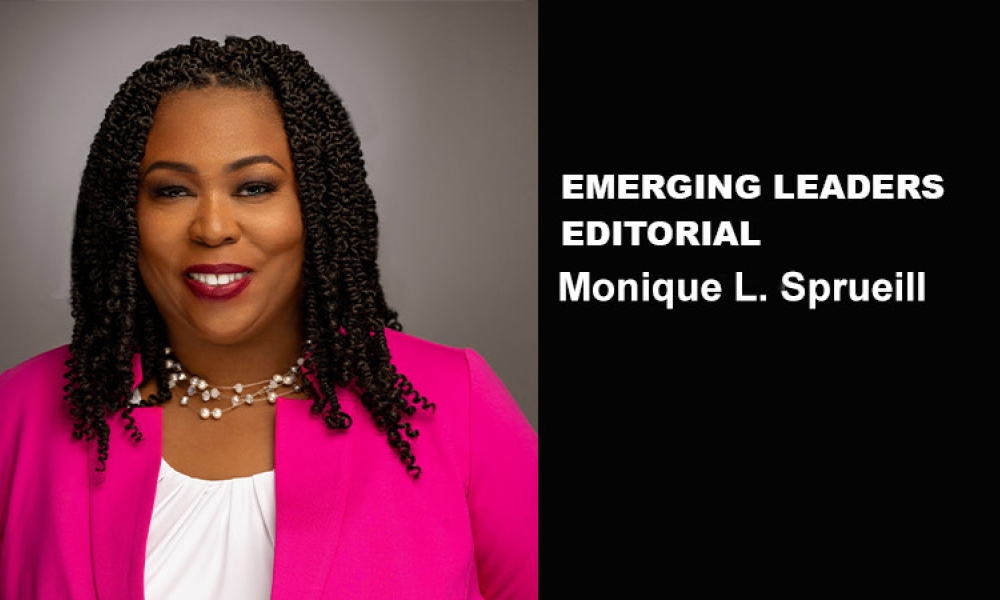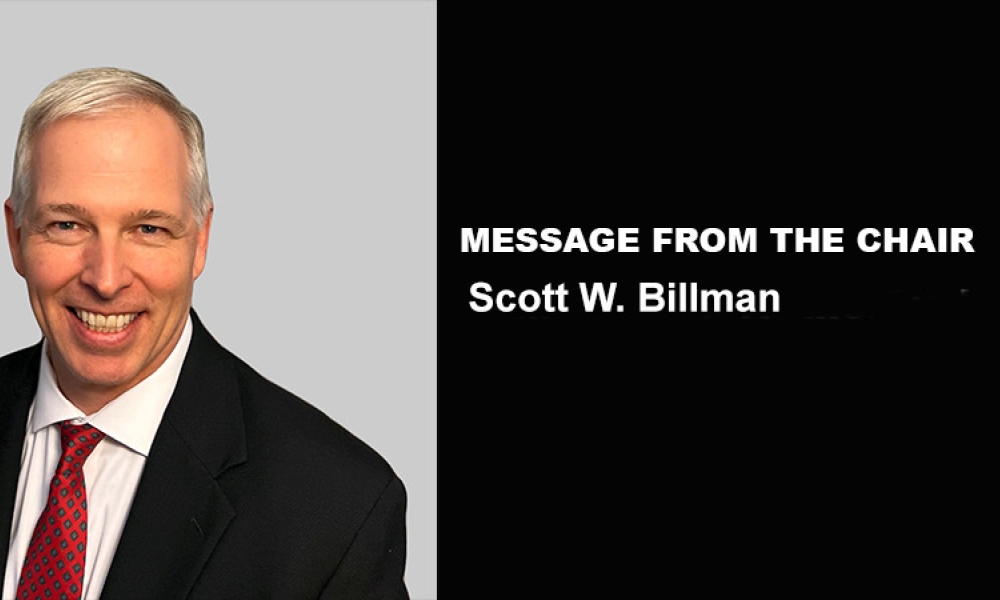My First Year as a Consulting Engineer

Leaving the familiarity of a college environment, and beginning your career can be both exciting and intimidating. It’s a time when you are expected to put your years of education into practical use. However, even with a degree in hand, you still face a huge learning curve when establishing yourself at the beginning of a career.
As I look back on my first year as a consulting engineer, there is a lot that I wish I had known prior to this venture. I experienced challenges, but also learned key methods and strategies that helped me find success.
Ask Questions
This is the number one tactic that catalyzes success! When I began my career as a process engineer, I worried that I was expected to know everything right off the bat, and that if I asked questions, people would perceive me as unqualified.
This is not the right mindset. Just as your professors didn’t expect you to be an expert at the beginning of each semester, neither do your colleagues at the new job. However, it is your responsibility to learn. Do not be afraid to ask why things are done the way they are. Senior engineers know you are new to the field, and they are happy to help. I was pleasantly surprised to see how many people appreciated my inquisitive nature. Processes are always changing and advancing, so learning how to ask good questions is a skill that successful professionals should master.
Look For New Answers
An old saying advises, “If it ain’t broke, don’t fix it,” but engineers like to tinker and improve. Challenge others to think differently about a process or practice, and ask why things are done a certain way. If the answer is, “That’s how we have always done it,” maybe it’s time to test the answer. Fortunately, as engineers, we work in an industry that welcomes the streamlining or improving of existing processes and sees the value a fresh set of eyes can bring to a project.
Find Your Niche
I discovered that this is essential. Search for an area or aspect of your job that you are passionate about, and become the best at it. Grab opportunities when they present themselves; don’t wait for them to come to you. Constantly look for ways to improve upon current standards, and do your best to stand out.
Be Accountable
As a young engineer, it’s easy to rely on more experienced individuals to own tasks rather than take ownership yourself, but remember that failure or success depends on you. Work is not like college. You are not constantly given feedback or told what needs to be improved, so it is important that you hold yourself accountable for the work you do and the actions you take.
“AS A NEW ENGINEER, YOUR POTENTIAL FOR GROWTH AND SUCCESS IS UNLIMITED”
Find A Mentor
Find someone you admire and respect, and try to develop a relationship. I found this advice extremely valuable, and personally rewarding. Not only will you gain invaluable insight, but you will also establish a direct line of contact whenever you have questions—be they technical or general questions about your work environment. By establishing a mentor relationship, you are also showing your interest, and investing in becoming a valuable worker.
Choose The Right Culture
Choose a company with a culture that fits your values and needs. Your attitude and happiness affects your quality of work, and culture plays a significant role in determining whether you enjoy coming into work every day. A culture of open communication and a genuine concern for your continued learning is vital in creating a positive work environment.
Finding success and happiness in your career does not have to be stressful. As a new engineer, your potential for growth and success is unlimited, especially when you interact with experienced colleagues. Personal success in the workplace is not reflected by a GPA or grade scaling, but by what you contribute as an individual. Taking charge of your career, and being proactive, offering new ideas, sharing fresh perspectives and adopting the right attitude can make all the difference during your first year in the workplace.
I hope this advice can help others just beginning their careers make a smooth and successful transition to the workplace.



